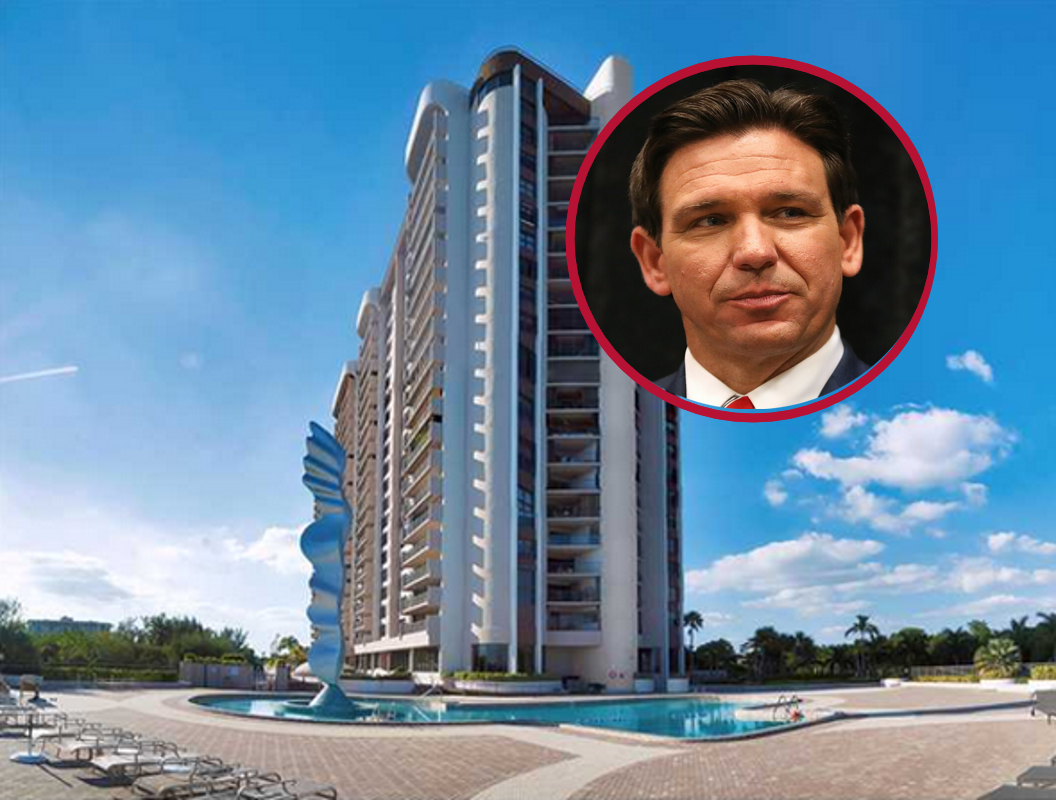Homeowners in the Villas of Carillon townhome community in Feather Sound, Florida, are grappling with a significant financial burden following a request from their homeowners association (HOA) board for a $60,000 special assessment.
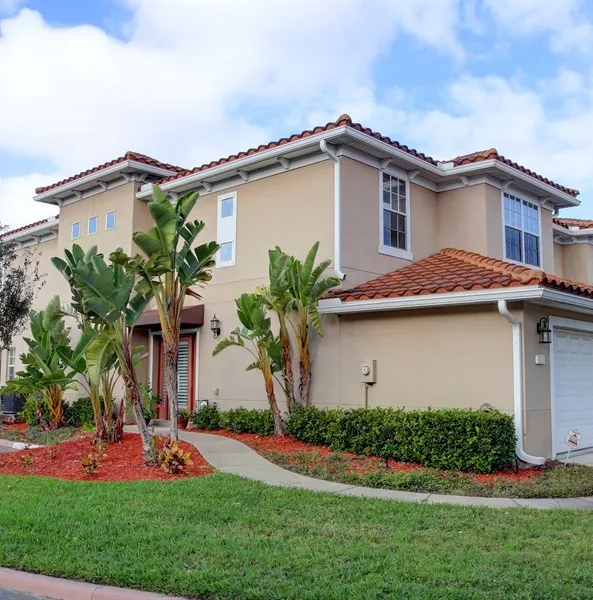
In early June, homeowners received notice detailing that the HOA’s reserves had never been fully funded in its 20-year history, presenting the community with a “significant financial challenge moving forward.” Each household was expected to contribute around $60,000, with a vote set for June 20 to determine the exact payment plan. “There will be a lot of people that lose their home, either they have to sell or they can’t make these payments. They’ll have a lien put on their house, foreclosures,” said one concerned owner to a local news outlet. “I’m concerned about the overall community.”
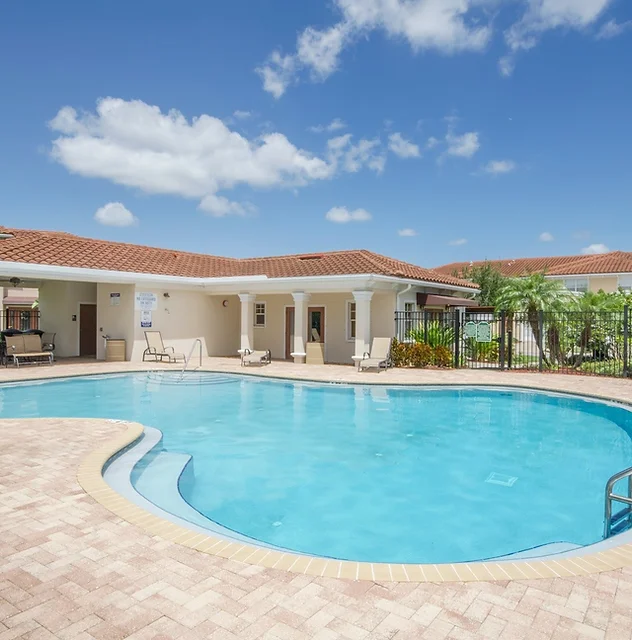
At a special meeting, owners arrived in droves to urge the board to delay the decision. “You need to get together; this problem is not going away,” said another resident. “And condos, they need to have 100% reserves.” In an email following the June 21 vote, the entire board announced its immediate resignation.
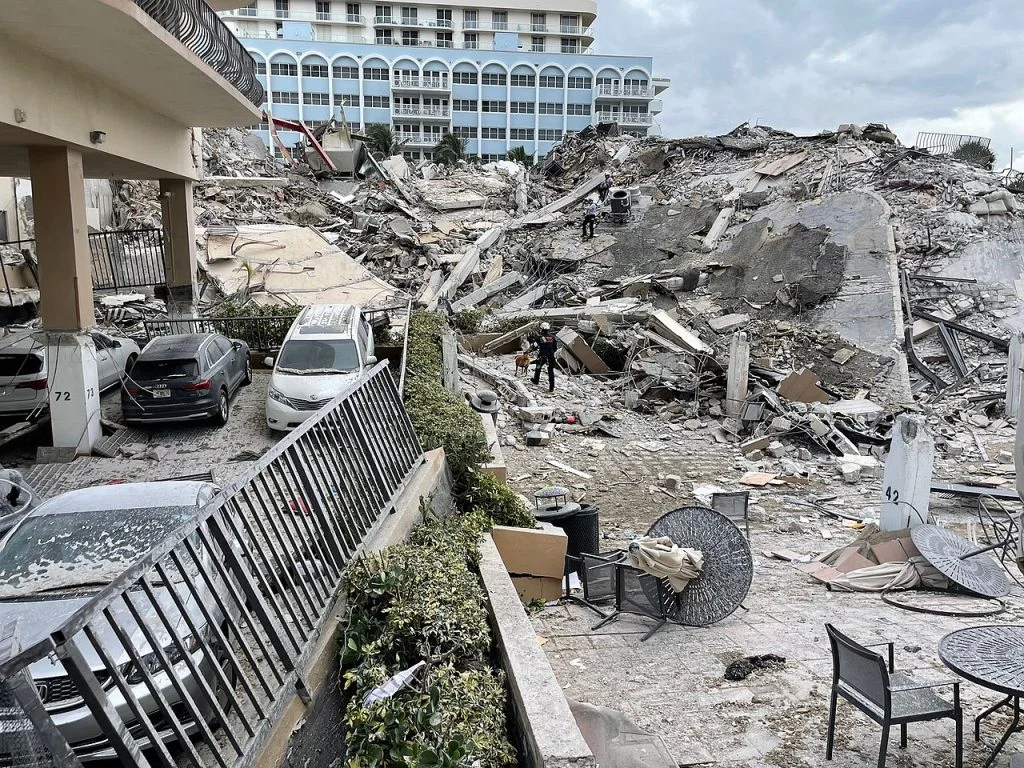
The 2021 Surfside collapse, which resulted in 98 fatalities due to construction flaws, has led to stricter regulations requiring more frequent inspections of condo buildings. Many condo associations are consequently raising fees to build larger reserves for repairs.
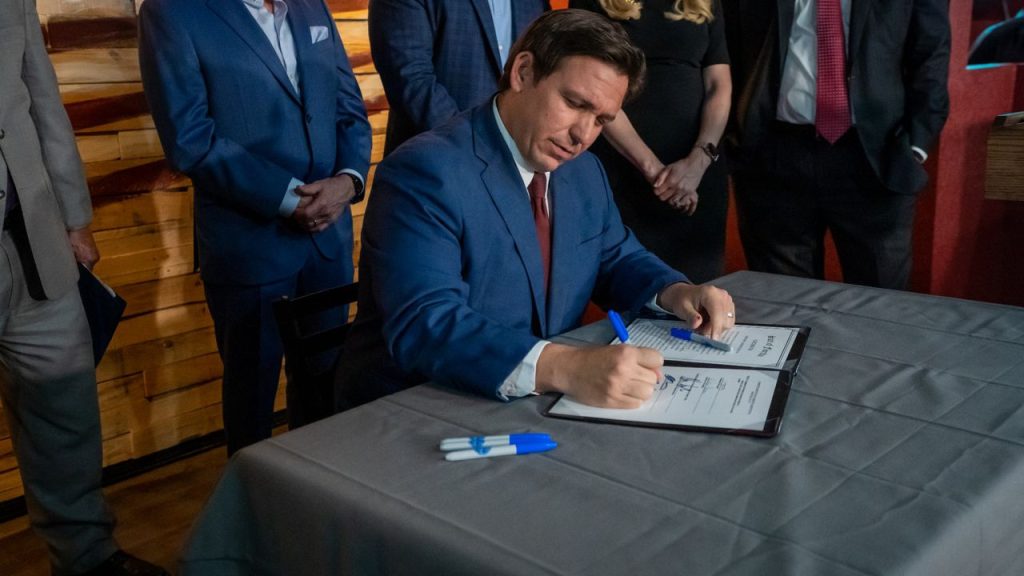
A law signed by Governor Ron DeSantis in 2022 now requires reserve and milestone studies and mandates annual contributions to reserves. This legislation is designed to ensure that condo buildings maintain sufficient funds for necessary repairs and upkeep.
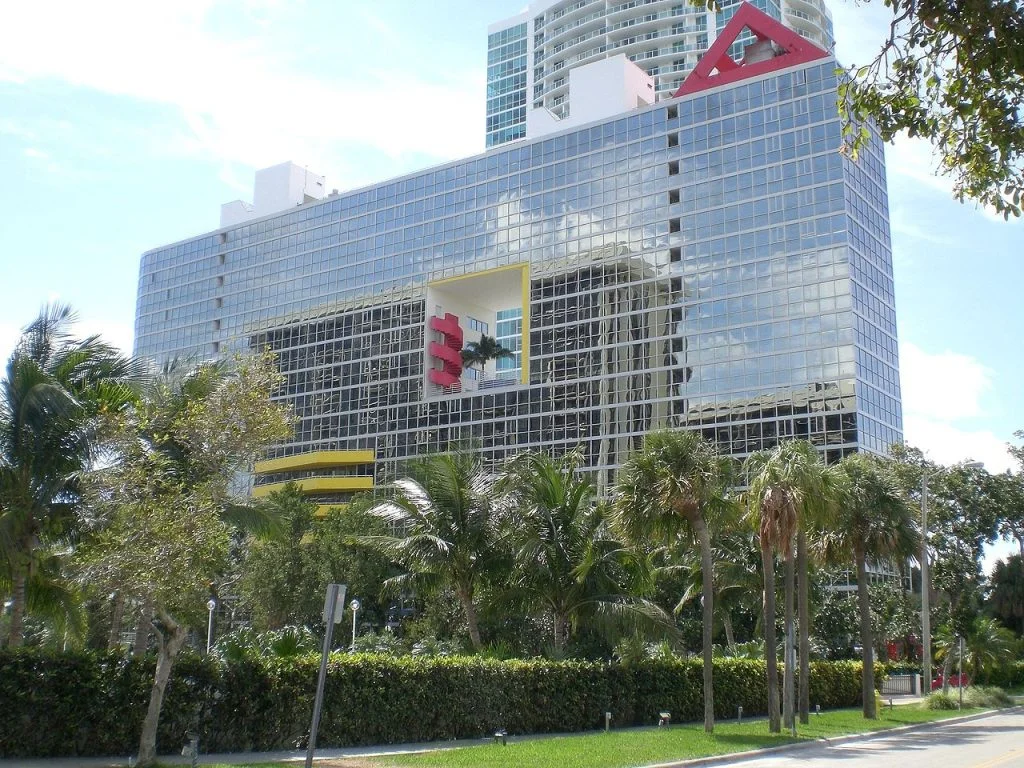
These requirements apply only to units that are three stories or higher. The townhomes at the Villas, being just two stories tall, are not subject to these regulations.

Despite this, the HOA board explained that insurance companies would no longer insure the complex in a few years if it didn’t have the necessary reserves to pay for new roofs.
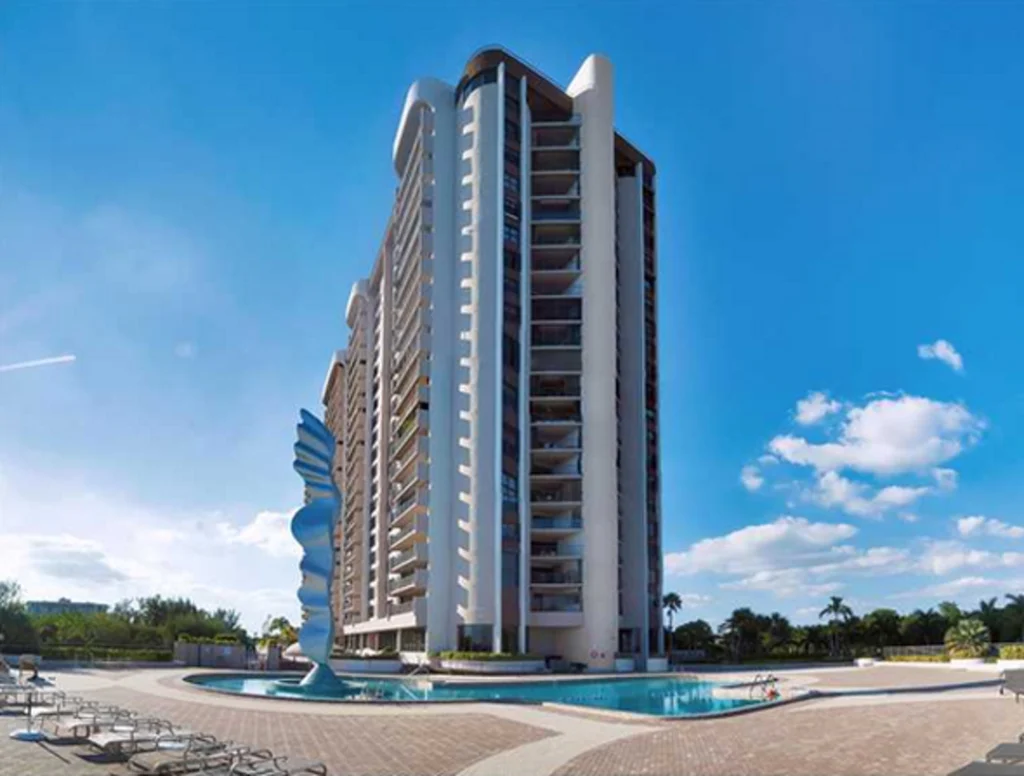
Townhouse owners hope that postponing the vote will give them more time to understand why the special assessment fee is so high. “So that we’re able to get additional documentation, review all the financials, see how they got to these numbers,” said the concerned owner. The community is now faced with the challenge of addressing the financial shortfall without the leadership of their HOA board, highlighting the ongoing struggle many associations face in meeting new regulatory demands and maintaining financial health.
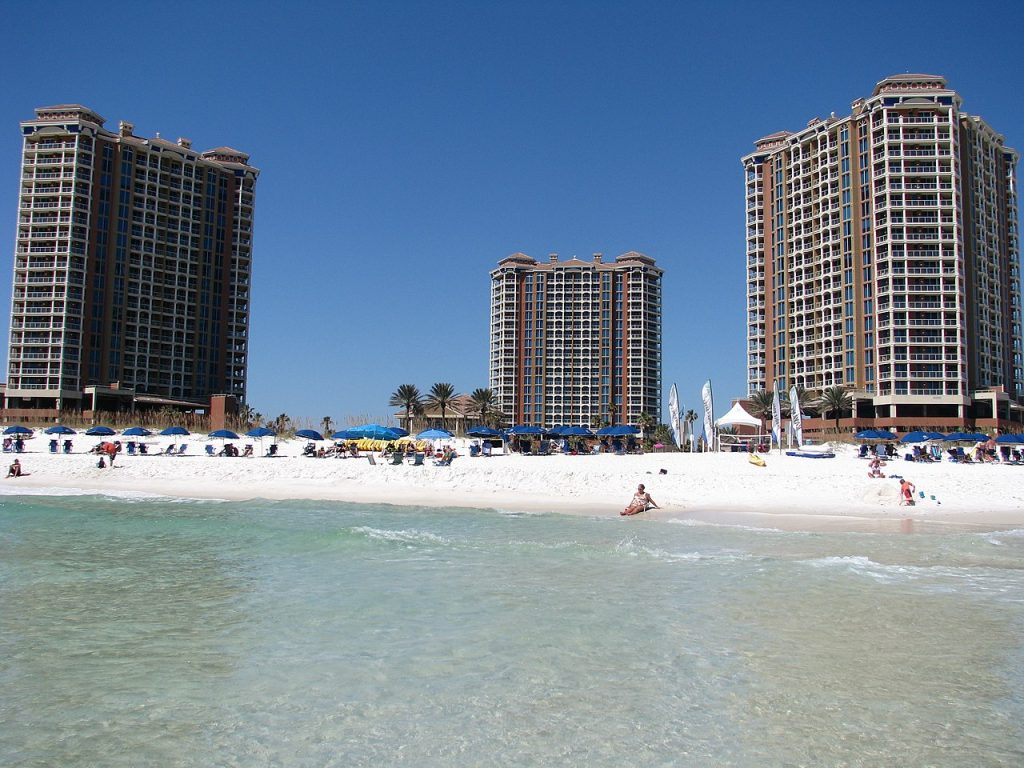
As they navigate this difficult situation, the residents are coming together to find a solution that works for everyone. They hope to gain more clarity on the financials and work towards a feasible plan to build their reserves without causing undue hardship. The situation remains tense, but the community’s resilience and determination to address the problem head-on may ultimately lead to a positive outcome.

